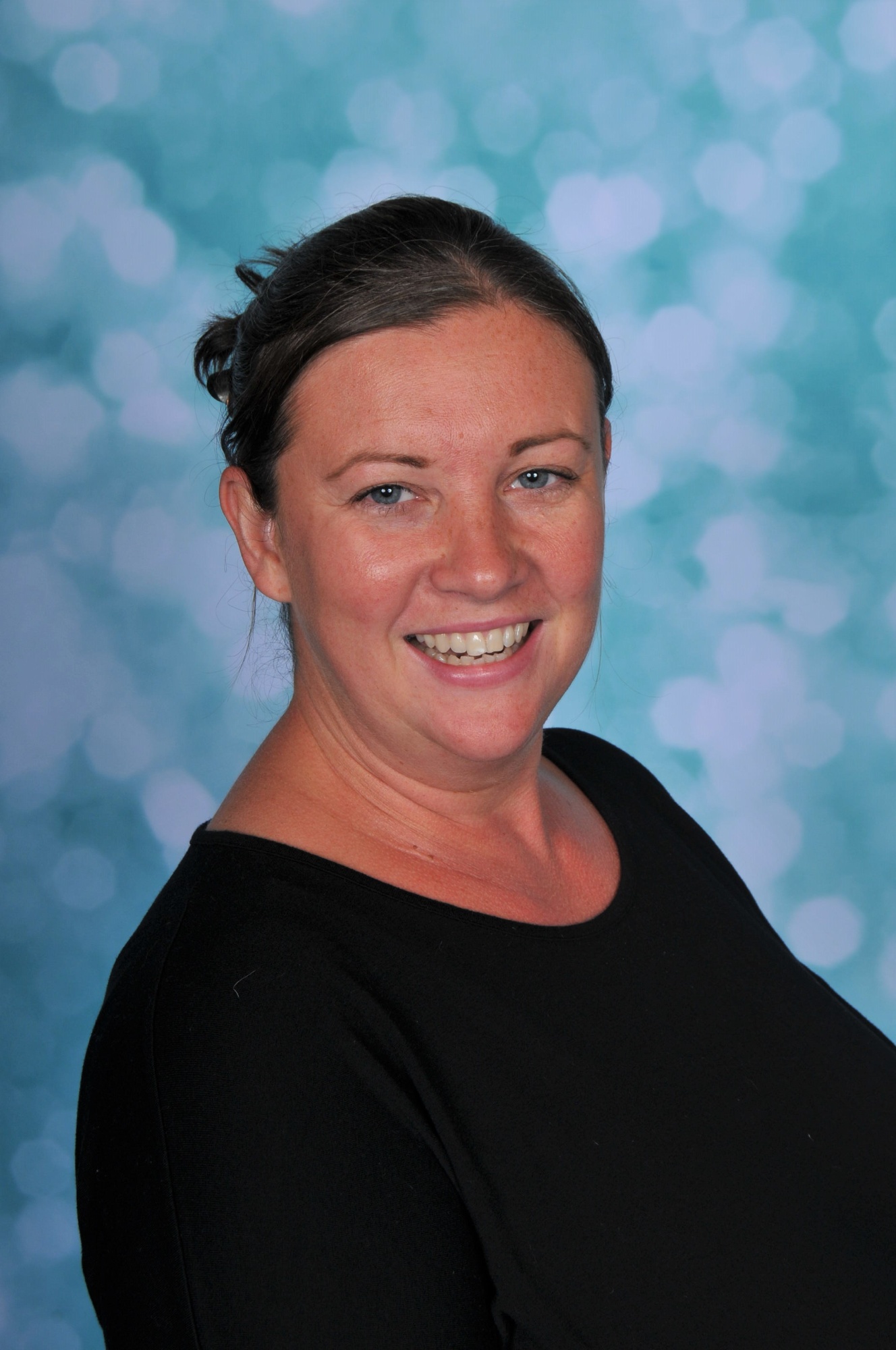RE

Mrs Rundle, RE subject lead
At Kingsbridge Primary School the principal aim of religious education is to explore what people believe and what difference this makes to how they live, so that pupils can gain the knowledge, understanding and skills needed to handle questions raised by religion and belief, reflecting on their own ideas and way of living.
RE has an important place in the curriculum, providing a safe space for our pupils to develop their understanding of people, culture, faiths and relationships. RE is taught across the school following the Devon and Torbay Agreed Syllabus 2019 which provides a coherent framework for setting high standards in the learning of RE and enabling pupils to reach their potential. Children will appreciate the way that religious beliefs shape life and our behaviour, develop the ability to make reasoned and informed judgements about religious and moral issues and enhance their spiritual, moral, social and cultural development.
In essence we are aiming to help our children develop respect and sensitivity for all people and to understand more about the importance of religion in today’s world.
The Devon and Torbay Agreed Syllabus Curriculum for RE aims to ensure that all pupils:
- Make sense of a range of religious and non-religious beliefs, so that they can:
- Identify, describe, explain and analyse beliefs and concepts in the context of living religions, using appropriate vocabulary
- Explain how and why these beliefs are understood in different ways, by individuals and within communities
- Recognise how and why sources of authority (e.g. texts, teachings, traditions, leaders) are used, expressed and interpreted in different ways, developing skills of interpretation
- Understand the impact and significance of religious and non-religious beliefs, so that they can:
- Examine and explain how and why people express their beliefs in diverse ways
- Recognise and account for ways in which people put their beliefs into action in diverse ways, in their everyday lives, within their communities and within the wider world
- Appreciate and appraise the significance of different ways of life and ways of expressing meaning
- Make connections between religious and non-religious beliefs, concepts, practises and ideas studied, so that they can:
- Evaluate, reflect on and enquire into key concepts and questions studied, responding thoughtfully and creatively, giving good reasons for their responses
- Challenge the ideas studied, and allow the ideas studied to challenge their own thinking, articulating beliefs, values and commitments clearly in response
- Discern possible connections between the ideas studied and their own ways of understanding the world, expressing their critical responses and personal reflections with increasing clarity and understanding
